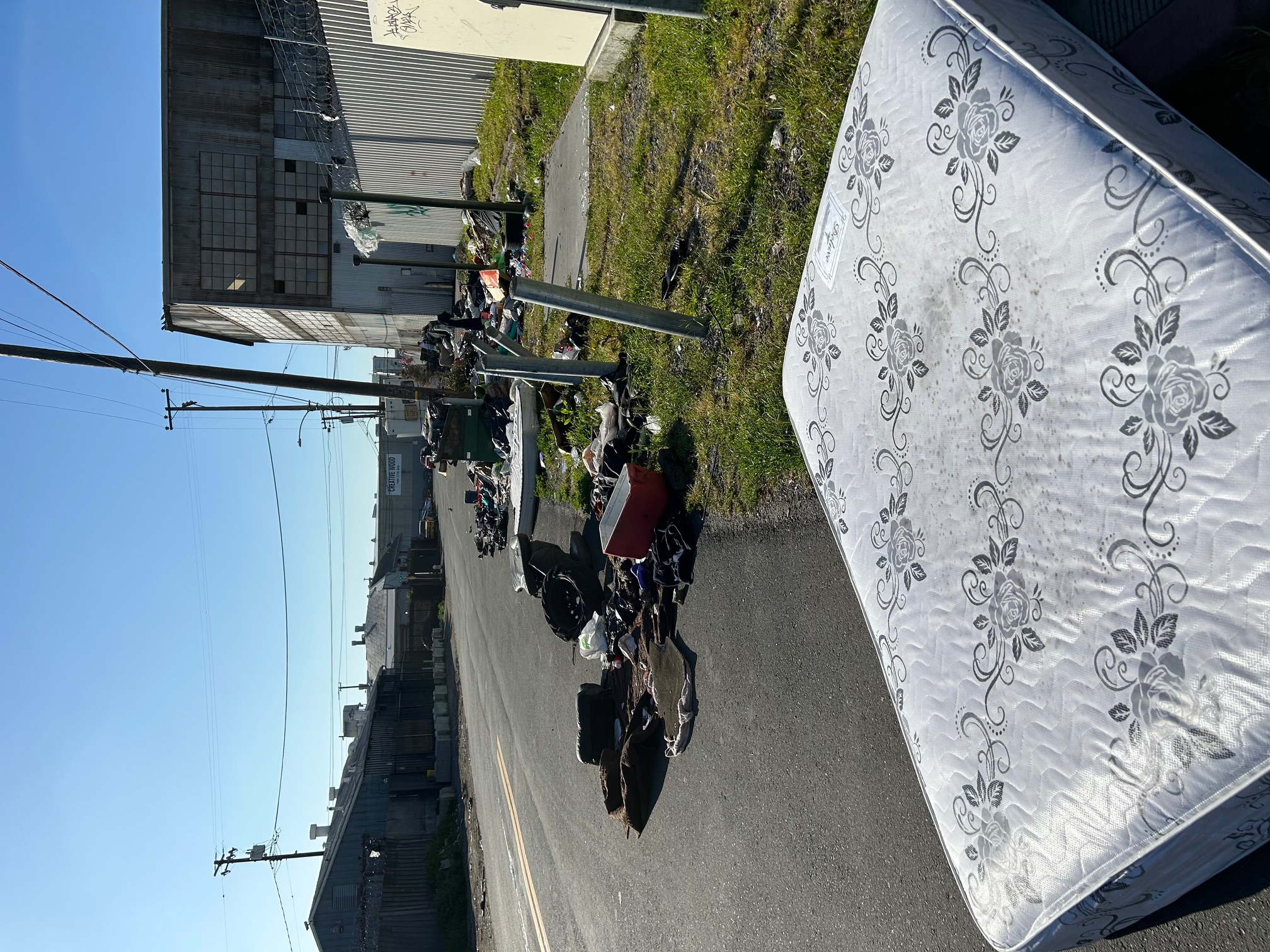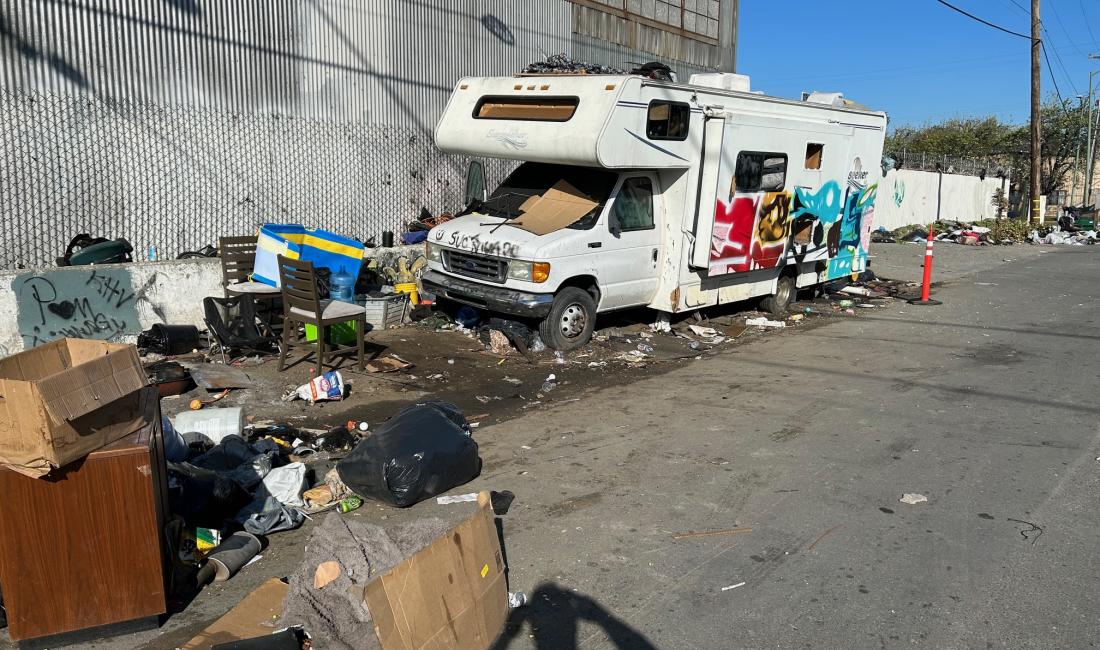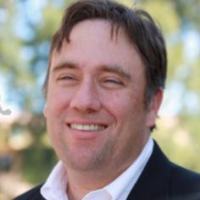Kamala Harris' Oakland approaches the White House. The real Oakland struggles with local democracy and governance
Photos by Joe Mathews. This column is cross-published with Zócalo Public Square.
If Dickens were to rise from the grave tomorrow, I bet he’d head straight to the East Bay.
Because we are watching a tale of two Oaklands.
One Oakland is advancing on this country’s greatest political prize. The other Oakland is circling the urban drain. The two Oaklands demonstrate just how little space there is between top and bottom, between power and powerlessness.
Read the headlines, and in Oakland it is the best of times, the epoch of belief, the late summer of light.
A proud daughter of Oakland has emerged unexpectedly as a close contender in the race for president.
She has made history, in California and everywhere. She’s the first Democrat from the Golden State to win the party’s nomination, the first Black woman, the first Indian-American woman, even the first major party presidential nominee to have worked at McDonald’s.
And if she can win—hold your breath—she’d be the first Northern Californian ever elected president. Oh, yes, and the first woman president too.
Oakland would be on top—of government, of American politics, of the free world. And that wouldn’t be its only conquest. Oakland is a democratic innovator, adopting a novel way of funding campaigns and allowing 16- and 17-year-olds to vote for school board. O-Town has also become a cultural capital, a citadel of Black excellence to rival Harlem or Chicago’s South Side. Hollywood luminaries Zendaya, Black Panther director Ryan Coogler, two-time Oscar winner Mahershala Ali, all hail, proudly, from Oakland.
And yet, if you go to Oakland today, it is the worst of times, the epoch of foolishness, the season of darkness and despair.
Oakland and its government have hit rock bottom.
Downtown is dead. East Oakland’s streets are a mess of trash, busted cars, and broken glass. Homelessness, that never-ending California pandemic, is rising faster in Oakland than just about anywhere else.
And while violent crime falls across most of the rest of America, it increases in Oakland. Property crimes are commonplace. Last year, one car was stolen for every 30 Oakland residents, according to the San Francisco Chronicle.
The police department, in constant turmoil, lacks the leadership and personnel to do much about it. Cops all but ignore robberies and burglaries.
The city budget is in crisis. Political leadership is paralyzed, with Mayor Sheng Thao consumed by a corruption investigation that included an FBI raid. Thao maintains her innocence but in November faces a recall vote, brought before the raid, because of crime and other governance failures.
There’s also a recall against Alameda County District Attorney Pamela Price, who runs the office where Kamala Harris started her own career as a prosecutor. Price is a parody of a progressive prosecutor, lashing out at critics and journalists and offering rationalizations for not pursuing offenders. Her former spokeswoman, now a whistleblower, claims that Price ignored laws on public records and disclosure.
With law enforcement on the sidelines during a public safety crisis, the state has tried to fill the void. The state took over Oakland’s schools in the 21st century’s first decade; today, the city is a protectorate in matters of policing. Gov. Gavin Newsom has sent in the California Highway Patrol to try to get a handle on car thefts and other property crimes, making arrests where Oakalnd police have failed to act. The governor also dispatched California National Guard prosecutors to handle Oakland cases.
The population is declining, as housing prices stay high even as conditions deteriorate. Businesses are fleeing, including businesses that never flee. In-N-Out permanently closed its restaurant in Oakland—the first such closure in company history—because of robberies of customers and staff. Denny’s closed its one restaurant in Oakland, too, citing similar safety concerns. Kaiser Permanente warned employees to stop leaving their Oakland offices to eat lunch. All three of Oakland’s major pro sports teams—basketball’s Golden State Warriors, football’s Raiders and now baseball’s A’s—have left the city in the past five years.
“I’ve been in Oakland 58 years. I’ve never seen anything like this before,” Ken Chambers, a West Oakland pastor, told the San Francisco Chronicle.
In Oakland residents, you’ll find despair and resignation, mixed with a hope that the city’s tough people and resilient communities will climb out of this hole. You’ll also find conspiracy-mongering—a sense that Oakland is being targeted by larger forces that would discredit its progressive politicians and policies.
There’s some truth behind this conspiracy. It’s not fair for Trumpians to point to Oakland’s failures to discredit Harris, who left town decades ago. But it is fair to criticize her for not doing more for her hometown now. Harris’ meager campaign policy proposals offer some benefits for children and small businesses, but nothing to empower cities to fix their governments and finances.
What Harris offers Oakland is the promise of symbolic triumph, of a bit of representation. Those are nice, but will they make the cops come when you call?
In borrowing Oakland’s reputation for toughness and the underdog credibility it provides—she doesn’t much mention Berkeley, where she lived as a child—Harris is giving the American mainstream the sort of story it cherishes. We love to celebrate winners who escape rough places, but we don’t much care about supporting such places, and changing the systems that make living there so hard.
Instead, we try to take heart from the hard places and hard times we left behind.
In his book Wandering Stars, the indigenous author and Oaklander Tommy Orange writes, “You get a light behind you when what feels like the worst that can happen to you happens to you. It never goes away. It lives behind you. It’s there whenever you need it. The light shoots through, bright and wide and says: At least I’m not there. Back there when we thought the lights went out forever. At least this is not that.”




